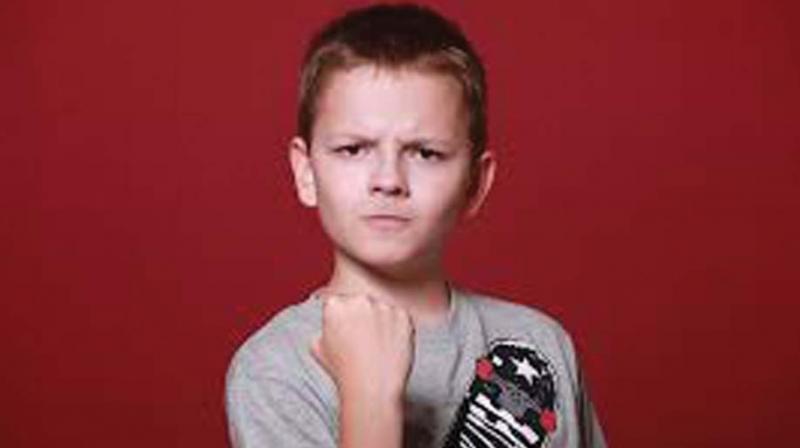Beware, bipolar catches them young!
Bipolar disorder, also known as maniac depression, is a mental situation or mental illness with two phases – manic phase and depressed phase.

A study based on diagnostic interview data from National Comorbidity Survey Replication of the Harvard Medical School shows that the prevalence of bipolar disorder among adults stands at an estimated 2.8 percentage. What is scary is that the study reveals a lifetime prevalence of bipolar disorder among teenagers (1.9 per cent) - adolescents aged between 13 and 18.
Bipolar disorder, also known as maniac depression, is a mental situation or mental illness with two phases – manic phase and depressed phase. Majorly associated with classes of mood swings, bipolar disorder can be controlled only with proper treatment, self help, self respect and support from loved ones. The most important factor is to get a proper medical diagnosis.
Dr Binla, a psychologist, observes that genetics plays a major role in bipolar disorder. “Bipolar people might experience difficulty in blending with people at social events. Their lack of social skills might cause relationship issues. They might blame themselves for their antisocial activities and trigger the depressed phase. Patients must accept their situation with courage.”
What matters the most is the approach towards the disease, she opines.
“Children with ADHD (Attention Deficit Hyperactivity Disorder) and premature neurological disorders like epilepsy are prone to bipolar disorder and should be given extra attention for proper mental development. As our lifestyle changes, we need to expand our way of thinking. Consulting a psychologist or psychiatrist is no more a shame; it's an essential step in safeguarding your child's mental well-being. The treatment often begins with Cognitive Behavior Therapy (CBT) followed by medication for anxiety, stress, sleep disorder and mood swings,” Binla adds.
One needs to watch out for violent behavior and hyperactivity among youngsters. Only with proper strength and support from closed ones can they fight the disorder and overcome it. Instead of blaming or isolating, teens, just pause to think for a moment and offer them a shoulder.

